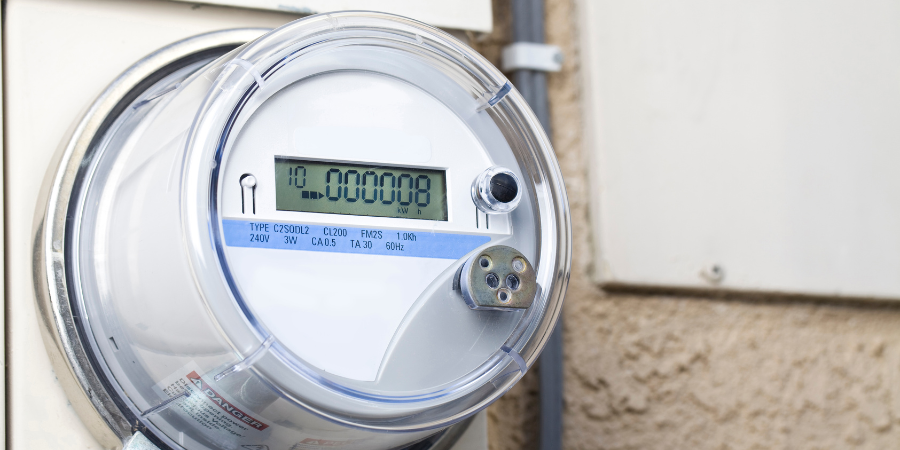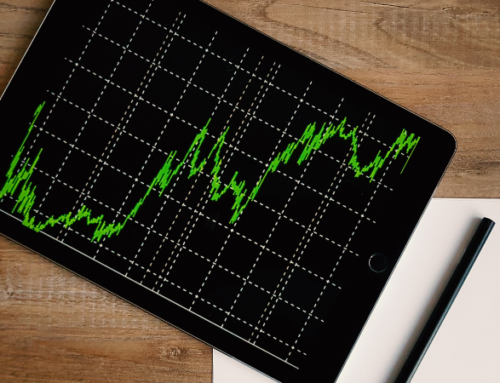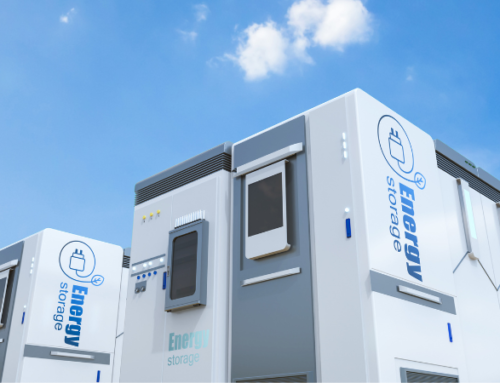Since the inception of electricity in residential homes, electricity meters have measured energy consumption so that utility companies can properly calculate electric bills for consumers. In the past, however, electric meters were analog and required a meter man to physically read the meter each month or billing period. This antiquated system had many flaws and is slowly being replaced by smart metering.
What Is A Smart Meter?
Smart meters are digital devices that communicate remotely with utility company systems and report electric usage in commercial buildings and homes. In fact, many utility companies have contracted with smart metering companies to replace their old, antiquated analog electric meters. Gone are the days of the meter man as the future is bright with smart metering.
How Does A Smart Electric Meter Work?
Smart electric meters report electric consumption data back to the utility company in regular time periods. Most smart meters report data in 15-minute intervals so that the utility company can get an accurate reading of what is happening in the building. Other smart meters report energy consumption hourly.
Since all electric utility companies issue energy tariffs to calculate electricity bills, the smart meter time interval must match the calculation in the tariff. For example, some tariffs require that distribution charges be calculated based on the highest kW reading for any 15-minute interval in a billing period. A time-of-use tariff might charge different amounts for on-peak kWh vs. off-peak kWh, so the smart meter must be able to accurately report such usage information.
The Benefits Of Smart Metering
There are many benefits of smart electric metering for utility companies and consumers when compared to archaic manual readings. Some of those benefits include:
Accurate Data & Timely Bills
In the past when meters were read manually, it could take consumers several months before they received an accurate bill. Many utility companies would only send a meter man three or four times per year to read the meter and would issue estimated bills until the data was reported. This led to billing errors and meter read errors.
Reduced Overhead For Utilities
A major benefit of smart meter technology for local utility companies is that they were able to drastically reduce their overhead costs since meter men are no longer needed. This reduction in costs allowed utilities to pass on their savings to consumers through lower rates and billing tariffs.
Flexible Rate Tariffs
Because smart meters are able to instantly report billing data, utility companies are able to create new, flexible billing tariffs to benefit consumers. In the past, having a time-of-use schedule was hard to accomplish through manual meter readings. Today, electronic energy billing makes this and other energy rate tariffs possible.
Who Uses Smart Meters
Smart meters are being used today for both residential, commercial, and industrial customers. The amount of energy usage is irrelevant to the type of meter on the property. Many utilities, however, phased the replacement of analog meters starting with residential customers. Because there are so many more residential customers than commercial customers, it benefitted utility companies more to replace residential meters with smart meters first. Today, there are still some commercial electric meters that get read manually by a meter man.
Are You Having An Electric Meter Issue?
Despite the implementation of electric smart metering technology, some commercial companies still experience electric billing issues. Whether you haven’t received a bill in several months, or it appears that your reported energy usage is too high, we can help. Our team of utility bill auditors has many years of experience identifying and correcting meter reading errors. Contact us today for a free utility audit.



